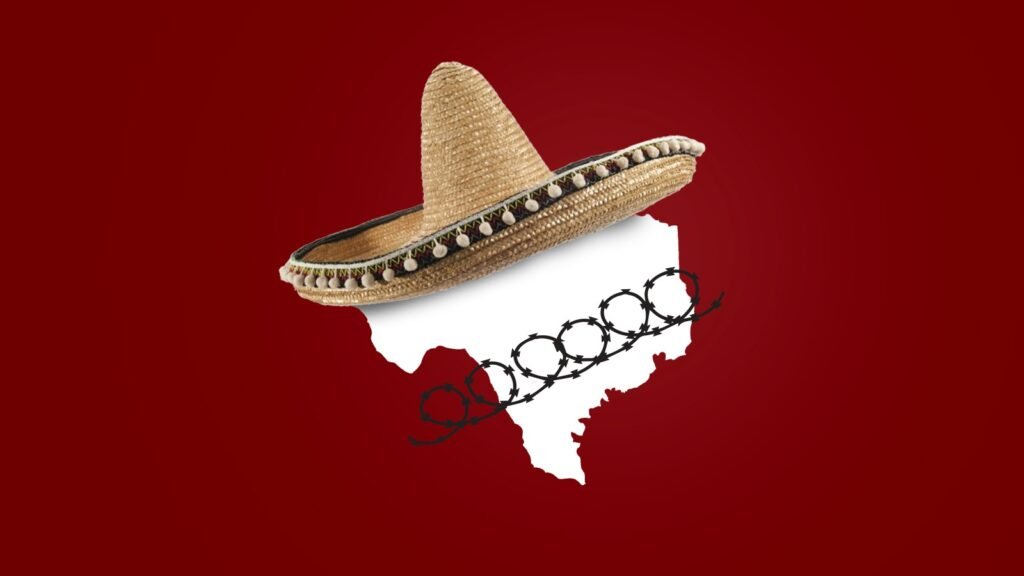Mexico expressed concerns to a US court on Thursday regarding a controversial immigration law in Texas, fearing it could result in unfair treatment, detention, deportation, and criminalization of Mexican citizens.
The law, referred to as Senate Bill 4, is currently entangled in legal disputes within the United States. If implemented, it would empower state law enforcement to apprehend and expel migrants crossing the border illegally from Mexico.
President Joe Biden’s administration strongly opposes the law, asserting that immigration matters fall under federal jurisdiction rather than individual state authority.
In opposition to the law, Mexico has submitted an “amicus curiae” brief to the US 5th Circuit Court of Appeals, expressing its stance against the legislation.
The Mexican foreign ministry expressed concerns that the law could result in the unjust harassment, arrest, expulsion, and criminalization of Mexican citizens and individuals who appear Latino to Texas authorities.
According to the ministry, the law fosters an atmosphere of uncertainty, fear, and vulnerability, undermining Mexico’s sovereign right to determine its own policies regarding entry into its territory.
Last month, a federal judge issued a temporary block on the law, passed by the Republican majority in the Texas state legislature, citing conflicts with key provisions of federal immigration law.
A conservative-leaning appeals court asserted that Senate Bill 4 could be enforced unless challenged by the Supreme Court.
Despite a temporary stay issued earlier by the Supreme Court, allowing SB 4 to be implemented, the 5th Circuit Court of Appeals reinstated the hold on the law.
Mexico has cautioned against accepting deportations from Texas, as Governor Greg Abbott, a Republican, has characterized the situation at the southern border as an “invasion.”
US Republicans attribute the recent surge in migrant numbers to Biden’s policies.
Over 2.4 million migrants entered the US through the southern border in 2023, primarily from Central America and Venezuela, seeking refuge from poverty, violence, and climate-related disasters.


